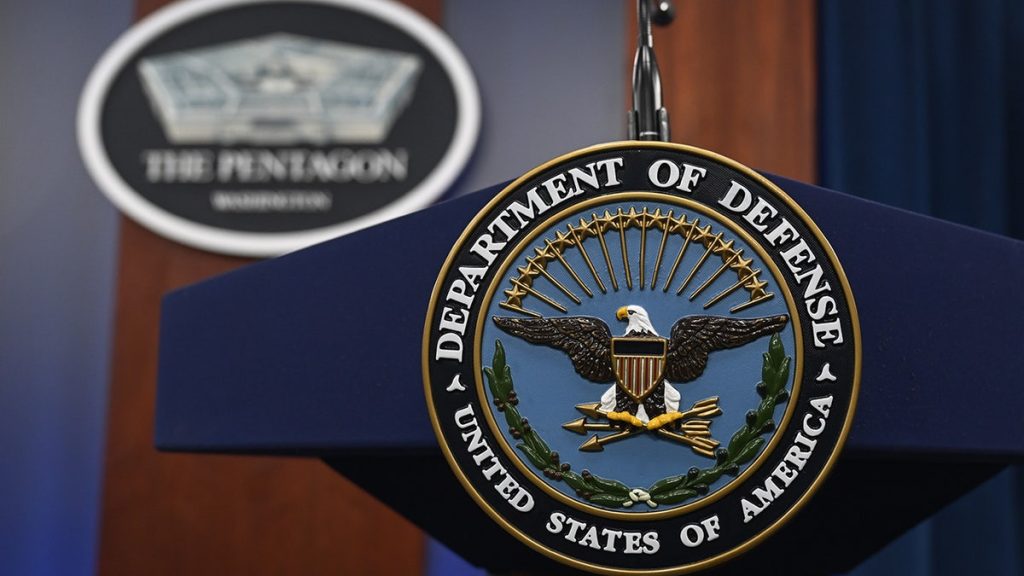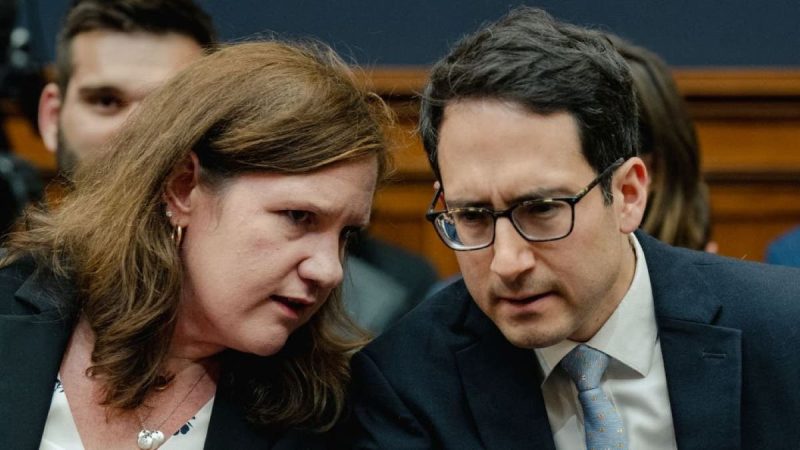Senate advances defense bill boosting service member pay, Pentagon reforms

The Senate teed up a colossal package to authorize funding for the Pentagon on Tuesday, marking the first legislation to hit the floor since lawmakers returned from August recess.
Lawmakers advanced the Fiscal Year 2026 National Defense Authorization Act (NDAA) on a largely bipartisan 84 to 14 vote, setting up the bill for debate before a later vote to advance it from the Senate.
This year’s version of the bill isn’t as divisive as its predecessor, given the lack of provisions targeting ‘woke’ policies at the Pentagon, which became a major target for Republicans when they gained power in the House during the latter half of former President Joe Biden’s first term.
Instead, the measure focuses on military contracting reforms and lasers in on the Pentagon’s failure to complete, let alone pass, an audit for the last several years. It also includes a bump to service members’ pay, though not as high as in recent years. It also includes an extension to the Ukraine Security Assistance Initiative through 2028, and increases authorized funding to $500 million.
Still, the measure would authorize about 3% more funding for the Pentagon when compared to last year’s NDAA in the midst of the GOP and White House’s push to cut costs in the government.
It also comes on the heels of a $150 billion injection of defense spending passed in President Donald Trump’s ‘big, beautiful bill.’
Senate Armed Services Committee Chair Roger Wicker, R-Miss., said after the bill glided through committee in July that the ‘United States is operating in the most dangerous threat environment we have faced since World War II.’
‘The bill my committee advanced today is a direct reflection of the severity of that threat environment, as well as the rapidly evolving landscape of war,’ he said. ‘My colleagues and I have prioritized reindustrialization and the structural rebuilding of the arsenal of democracy.’
And Sen. Jack Reed, the Democrat on the panel, similarly agreed that the U.S. ‘faces a global security environment unlike any in recent memory.’
‘This legislation invests in the service members, technology, and capabilities we need to deter our adversaries and defend our national interests,’ the Rhode Island Democrat said. ‘I thank Chairman Wicker and our colleagues on both sides of the aisle for advancing this bill to prioritize the safety and security of the American people.’
The Senate and House have offered competing versions of the bill, too. Lawmakers in the upper chamber leapfrogged their colleagues in the House, where their iteration of the NDAA is expected to be considered next week.
Overall, the Senate’s version of the legislation would tee up nearly $925 billion in defense spending. That total is split among the Department of Defense at over $878 billion, the Department of Energy at over $35 billion with another $10 billion allocated for ‘defense-related activities’ outside of the bill’s jurisdiction.
The House version of the bill clocked in at just over $848 billion, well below the Senate’s product but more in line with the Pentagon’s budget request for the upcoming fiscal year.







